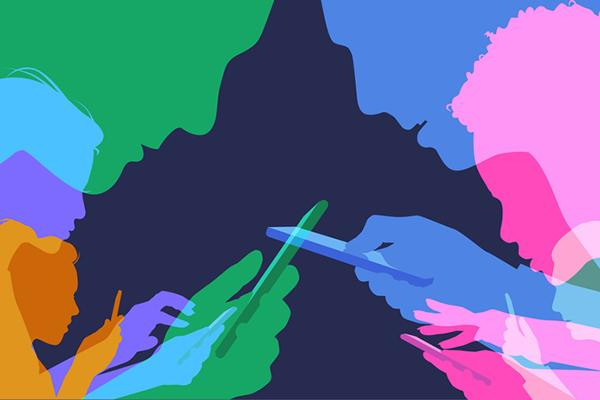
Do parasocial relationships fill a loneliness gap?

Do you follow certain social media creators, music artists, actors, athletes, or other famous people? Are you a huge fan of particular fictional characters from a book, TV show, or movie? Perhaps you check in with them daily because you feel a connection, care about them, or just love keeping up with the minutiae of their lives.
These one-sided emotional ties to people you don't actually know (or those who don't actually exist) are called parasocial relationships. Like all relationships, they come with risks and benefits, says Arthur C. Brooks, a social scientist, best-selling author, and professor at both the Harvard Kennedy School and the Harvard Business School.
Why do we develop parasocial relationships?
Parasocial relationships tend to occur because of our natural tendency to link to others.
"Humans have evolved to thrive in groups, probably because 250,000 years ago you needed to rely on other people to survive by building social relationships. And so we become attracted to and care about people if we have a regular enough exposure to them," says Brooks.
We are all exposed regularly to tiny details about celebrities and fictional characters, watching their days unfold on social media or learning about them from a TV show or book. What hooks us is the emotional connection, especially if the person is exciting or compelling.
"That's the secret to the success of the Harry Potter book series and the TV show Breaking Bad. The writing is supposed to engage you emotionally," Brooks says. "People can form a bond even if the characters are psychopaths."
The upsides of parasocial relationships
Parasocial relationships can be a nice complement to your life. They might entertain you, inspire you, educate you, or bring you comfort. You might feel less lonely or like you're part of a tight group or a cultural moment, a feeling the shows Friends and Game of Thrones fostered for many people.
Bonding emotionally with famous or fictional people might also shape people's values. For example, children might learn lessons about right and wrong from characters they connect with on shows such as Sesame Street or Bluey. Teens or adults might feel moved to work harder if they're attached to champion athletes, or do good deeds if they admire selfless leaders.
One study of more than 300 people ages 18 to 35 even found that parasocial relationships might help reduce the stigma of mental health conditions. All participants watched one video of someone who shared personal information aimed at creating a social bond. Then, some participants also watched a video of the content creator sharing his challenges with bipolar disorder. Those who saw both videos scored lower on measures of prejudice about mental health conditions than those who only saw the first video.
The downsides of parasocial relationships
While parasocial relationships can enrich your life, these one-sided affairs can also hurt you.
- They won't love you back. "They're like fake food. They taste good, but they have no nutritional content and won't meet your needs. You need to love and be loved in return to thrive," Brooks says.
- They might contribute to loneliness and isolation if you rely on them too much. Loneliness and isolation are linked to increased risks of many chronic health problems such as depression, anxiety, dementia, and heart disease, and even premature death.
- They might have a negative influence on you. Are you picking up unhealthy ideas from the people you follow? Brooks says this should be a special concern for parents whose kids have parasocial relationships: The messages kids glean might be at odds with your values — perhaps because they are controversial political or adult themes.
Navigating parasocial relationships
A dollop of parasocial relationships in your life is fine as long as they don't crowd out real-life bonds or warp your thinking and values. But how would you know if this was becoming an issue?
Two red alerts:
- Ask yourself if you're too attached. For example, are you skipping dinner with friends because you prefer watching a TV show with a character you care about and want to connect with?
- Be wary. "If someone is trying to brainwash you, saying, 'I'm your friend, you can trust me,' that person is using a personal social bond to get you to do something — like vote a certain way," Brooks says. He points out that social media stars try to establish parasocial relationships with followers to get more clicks and make money. "That's what the new economy is all about — monetizing parasocial relationships on a mass scale," Brooks says.
Shifting from parasocial relationship to deeper connections
Parasocial relationships fill a need. Social scrolling, streaming shows, or following celebs may tamp down loneliness or offer curated moments of joy and connection. But if you're leaning too hard on these one-sided relationships, Brooks advises taking a hard look at what's missing from your life.
Forging warm connections in real life is worthwhile, though it isn't always easy. "It's a tall order for people who are shut-ins or introverted or don't have social skills, but you can start small. Have dinner with a friend. Spend more time with your family. Get more human eye contact. Touch, such as a hug, releases the bonding hormone oxytocin in the brain," Brooks suggests. "You'll care less about the characters and get what you really need."
About the Author
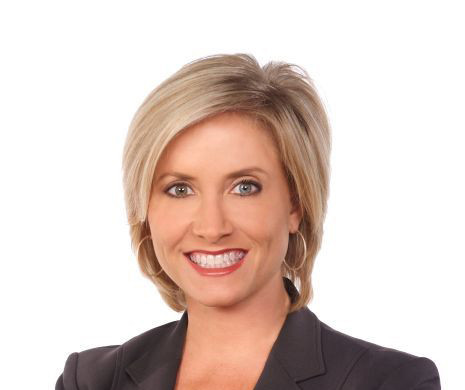
Heidi Godman, Executive Editor, Harvard Health Letter
Heidi Godman is the executive editor of the Harvard Health Letter. Before coming to the Health Letter, she was an award-winning television news anchor and medical reporter for 25 years. Heidi was named a journalism fellow … See Full Bio View all posts by Heidi Godman
About the Reviewer
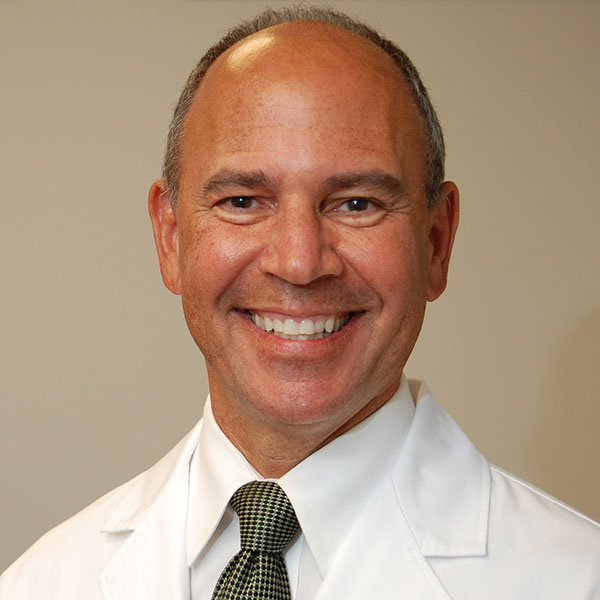
Howard E. LeWine, MD, Chief Medical Editor, Harvard Health Publishing; Editorial Advisory Board Member, Harvard Health Publishing
Dr. Howard LeWine is a practicing internist at Brigham and Women’s Hospital in Boston, Chief Medical Editor at Harvard Health Publishing, and editor in chief of Harvard Men’s Health Watch. See Full Bio View all posts by Howard E. LeWine, MD
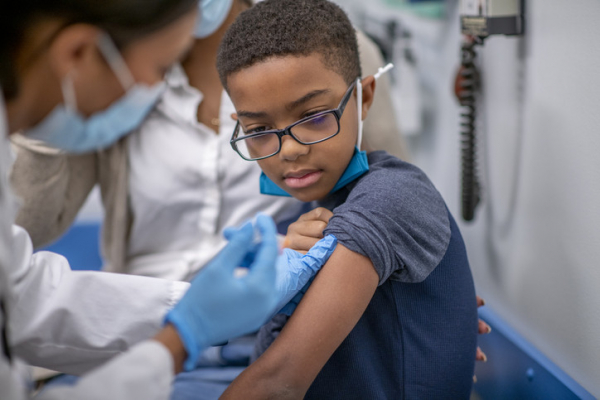
Why follow a vaccine schedule for children?

By the first week in September this year, US health officials had already tallied 247 cases of measles, a highly contagious illness. For perspective, in 2023, 59 measles cases were reported during the full year.
This isn’t surprising, as vaccination rates for preventable childhood illnesses have decreased, according to the Centers for Disease Control and Prevention (CDC). Between the 2019–2020 school year and the 2022–2023 school year, the percentage of fully immunized kindergarteners dropped from 95% to 93%.
Even a small decline like this affects herd immunity that helps protect our communities. (Herd immunity occurs when there are enough immunized people to make spread of an illness among unimmunized people less likely.) For measles, we need 95% of people — children and adults — to be immunized to achieve herd immunity.
How do vaccines help children?
The vaccines given before kindergarten protect children against serious illnesses and possible hospitalizations or even deaths:
- diphtheria, a serious respiratory illness
- hepatitis B and hepatitis A, both infections of the liver. Hepatitis B infections can be chronic and lead to liver damage.
- pneumococcus and Haemophilus Influenzae, bacteria that can cause serious infections
- measles, which can cause pneumonia and neurological problems
- mumps, which causes swollen glands in the neck and can sometimes lead to complications
- pertussis (whooping cough), which can be fatal in infants
- polio, which can cause a paralysis that can be fatal
- rotavirus, a diarrhea that can lead to serious dehydration in young infants
- rubella, or German measles. If women catch it during pregnancy, it can lead to miscarriage or birth defects.
- varicella (chickenpox). While most infections are mild, the rash caused by chickenpox can get infected, and the virus itself can affect the lungs or brain.
What to know about vaccine exemptions and schedule changes
The most concerning part of the CDC report is that it’s not just that families got behind in their doctor visits, it’s that more are choosing not to vaccinate. Vaccine exemptions rose from 0.4% to 3% in the 2022–2023 school year. That 3% is an average; 10 states have exemption rates over 5% (Idaho’s exemption rate was 12.1%).
Some parents have children vaccinated, but alter the schedule. In a 2020 study, researchers found that only 63% of families followed the recommended vaccination schedule for their children. Among those who didn’t, the majority followed an alternate schedule, spacing vaccines out, skipping some, or doing a combination of both.
But vaccines are given on a schedule for a reason: to protect children from vaccine-preventable disease. Experts designed the schedule so that children get protection when they need it — and the doses are timed so the vaccine itself can have the best effect. When parents don’t follow the schedule, their children may not be protected.
Worried about getting several vaccines at once?
Parents sometimes worry about giving several vaccines at once, something that the schedule calls for, especially at the 2-, 4-, and 6-month visits. Not only is it safe, but when parents spread out the schedule it takes longer before the child is protected, leaving babies vulnerable to these diseases. It also means more visits to the doctor: the study found that babies whose parents used an alternate schedule had three more vaccination visits than babies whose parents followed the recommended schedule.
Worried about side effects?
Parents also worry about side effects of vaccines and other risks, often fueled by information they get on social media. Not every person who gets these infections has a serious case or complications. But the risk of a complication of the disease is always higher than the risk of the vaccine, an important fact that sometimes gets lost in the vaccine discussion.
When children get behind on vaccines, they are more likely to catch vaccine-preventable illnesses — which is not only dangerous for them, but also for those around them who aren’t vaccinated, as we have seen in measles outbreaks. It is not just children whose parents choose not to vaccinate them that are at risk, but also children who can’t be vaccinated, such as newborns or those who are taking medications that suppress the immune system. Adults with suppressed immune systems can be at risk too. Parents often forget that the decisions they make about immunization affect more people than just their child.
How can you learn more about vaccines?
It’s normal for parents to have questions and worry about medical treatments given to their children. After all, it’s a parent’s job to worry. But as parents question and worry, it’s really important that they get reliable medical information from expert sources. The Centers for Disease Control and Prevention, as well as Immunize.org and the American Academy of Pediatrics, have lots of accurate and useful information, and parents should always talk to their child’s doctor if they have concerns.
The bottom line for parents
Think long and hard, and get information from reliable sources, before you change your child’s vaccine schedule. The schedule is there to protect your child — and everyone around your child.
About the Author
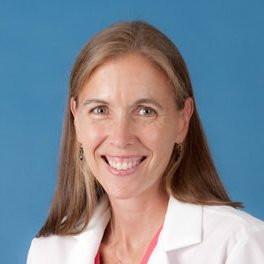
Claire McCarthy, MD, Senior Faculty Editor, Harvard Health Publishing
Claire McCarthy, MD, is a primary care pediatrician at Boston Children’s Hospital, and an assistant professor of pediatrics at Harvard Medical School. In addition to being a senior faculty editor for Harvard Health Publishing, Dr. McCarthy … See Full Bio View all posts by Claire McCarthy, MD